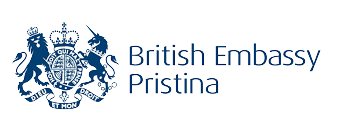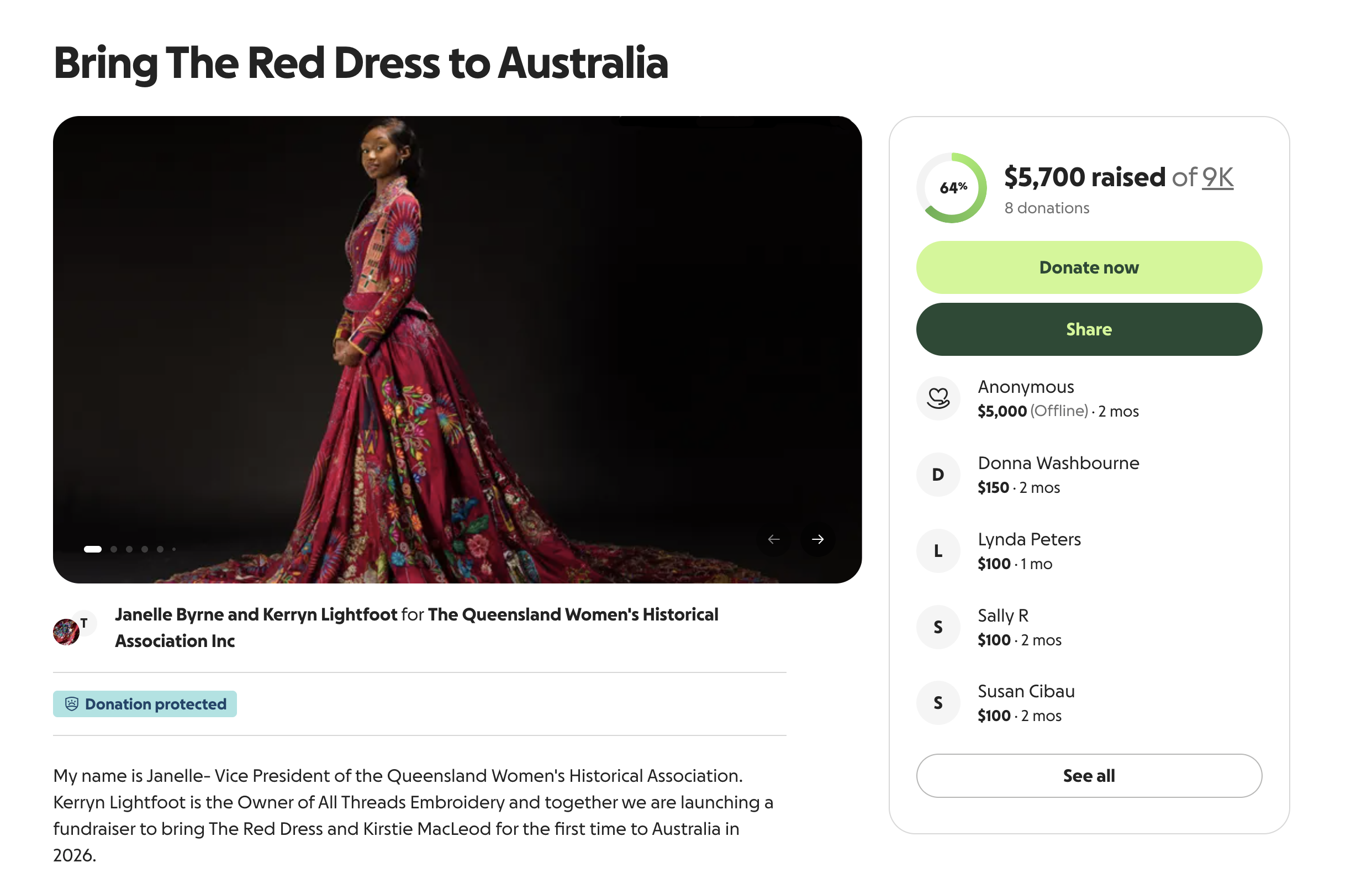Mariel Osborn
UK |
2009
SECTION OF DRESS: Metallic Drips
From a single thread to a piece of armour.
One of the first commissions on the Red Dress before it was assembled for the first time in 2009, Mariel Osborn a BA student at Manchester university created a striking panel for the centre back of the Red Dress bodice.
Skilfully building up layers of different coloured metallic threads on a sewing machine, Mariel created layers of drips sliding down the top of the back of the bodice. The silk dupion fabric becoming almost rigid; a beautiful example of fragile threads built up in layers to become as strong as a suit of armour.
—
To contact Mariel for commissions please her website: https://marielosborn.co.uk/
OUR SUPPORTERS
A huge thank you to all who have given their time, energy, enthusiasm, advice, experience and support to The Red Dress project over the years.
In addition to the organisations below, funding has been gratefully received from a number of private donations and via three crowdfunding campaigns in 2020, 2022 and 2024.
In addition to the organisations below, funding has been gratefully received from a number of private donations and via three crowdfunding campaigns in 2020, 2022 and 2024.












"
"
